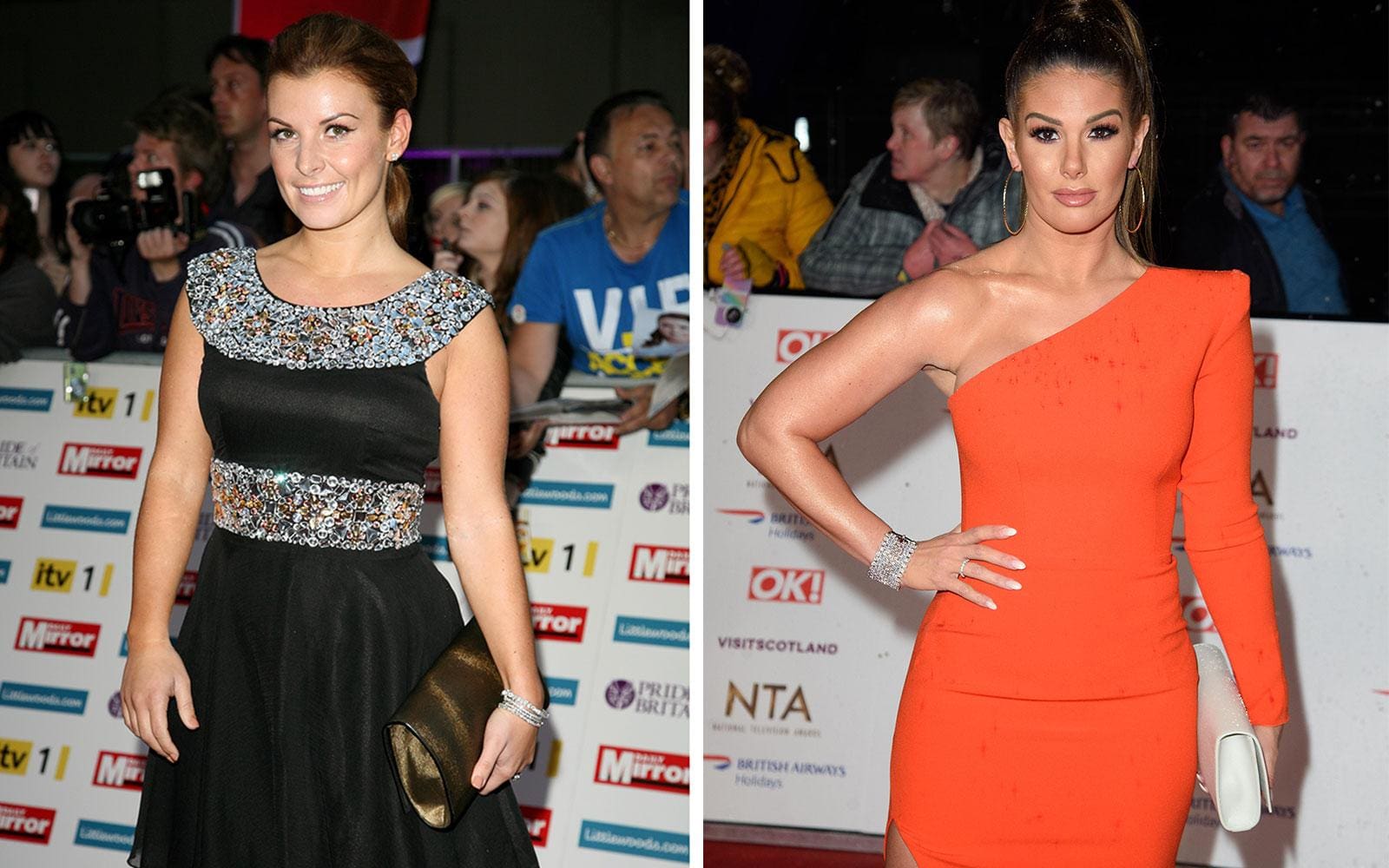
Cancel culture: The expert’s guide to protecting your reputation online
As the number of high-profile cases increases, the experts at Stewarts give their legal view on navigating social media
Sponsored by:
Stewarts
For many CEOs, celebrities and high-net-worth individuals, the rise of social media has proved to be a double-edged sword. While undoubtedly a valuable tool for growing your profile, publicising your business and connecting directly with followers, all of which can, in turn, lead to lucrative opportunities, one thoughtless comment or insensitive post and the tide can turn very quickly.
A number of recent cases, such as the infamous Wagatha Christie saga between Coleen Rooney and Rebekah Vardy, have shown how serious these events can become, with experts saying that, regardless of the outcome, the case has damaged reputations on both sides. Even the defamation case between Johnny Depp and Amber Heard, which began life offline having stemmed from a print newspaper article, has become exemplary of the effects of the court of public opinion, where judgments and comments made on social media can impact the standing and business prospects of parties just as significantly as any legal ruling.
“There has been a large increase in so-called “twi-bel” cases being heard in the courts, and with everyone constantly online, and the range of platforms available exploding, defamation and privacy cases involving social media will only continue to increase,” explains Emily Cox, Head of Media Disputes at Stewarts.
“For HNWIs concerned about damaging posts, it is also important to be strategic when dealing with these and to use litigation as a last resort. Objecting to a particular photograph, tweet or article can sometimes attract more headline attention to the content than if left alone. News cycles can be very short and forgotten about if no fuel is added.”

With the potential pitfalls it represents, it’s understandable that some public figures and high-profile CEOs may be tempted to stay off social media altogether. However, says Cox, the prevalence of these platforms in modern life means this can be just as damaging, with a lack of digital presence often considered suspect and leading to questions about the motivations for staying offline.
So, if non-participation isn’t an option, how should HNWIs and public figures protect themselves from cancel culture? “Prevention is undoubtedly better than a cure, so HNWIs should pause and be mindful about any content they put into the public eye – whether that is on their own website, on social media or in interviews,” says Cox.
“Avoid making jokes or flippant remarks on social media about serious issues, or without knowing the full facts of an issue, even if it seems quite benign, and remember that simply ‘liking’ posts or re-posting other people’s content could be seen as making a statement on the subject, even if you do not say anything specifically yourself. This could even result in a claim for defamation, if what you ‘liked’ is proven down the line to be a false and negative statement about another person.”

This can be particularly damaging when engaging in ‘hot button’ issues, such as the #MeToo movement or Black Lives Matter, with HNWIs running the risk of appearing disconnected from the general population or making light of serious matters that are of deep concern to others. However, once again, Cox does not recommend silence as a solution.
“There is a ‘damned if you do, damned if you don’t’ element to this. While it is not necessary (or feasible) to comment on every issue, HNWIs should consider what subjects align with their personal or professional brands, or philanthropic interests. In cases where an HNWI is known to be active in a particular area, it would likely be seen as more problematic to stay silent.
“The key is to be strategic about the issues that HNWIs make statements about, and consider where those statements are being issued from. For example, consider whether statements should come from a personal social media account, or whether a statement on a company/family office website would be more appropriate. In all contentious cases, we would advise that statements are run past PR/lawyers, to ensure that any legal or reputational risks are mitigated.”
In conjunction with this, Cox also recommends that HWNIs run regular audits of historic content on their accounts. With public sentiment and accepted norms constantly evolving, posts that may have been innocuous a few years ago may now be deemed offensive or inappropriate and eagle-eyed social media users will quickly call out anything they deem to be hypocritical. One needs only look at the case of James Gunn, the director who was fired from Guardians of the Galaxy Vol. 3 when a Twitter user resurfaced offensive decade-old posts, to see the real-world impact this content can have.

Perhaps, then, it would be wise for an HNWI to employ an experienced social media manager to navigate these hurdles for them? While this is undoubtedly a path that many high-profile figures take, not least because of other pressures on their time, it can come with risks as well as benefits.
A good social media manager can be invaluable for growing your brand and creating connections on your behalf but, at the same time, it is important to remember that whatever they post is under your name and will be attributed to you, regardless of the circumstances under which it was posted. For example, in a legal case from 2019, a defamatory tweet sent by a member of the Bristol Branch of UKIP was attributed to the then-Chairman of the branch, even though he did not write or post the tweet, as he was considered to be in ‘control’ of the account.
“It is important for the person named on the account to have full awareness of what is being posted. If they like, retweet or share someone else’s post on your account, this can amount to defamation by you,” advises Cox. “There should be an agreement in place which details what kind of content is to be posted and that all posts (or types of post) have to be approved by the person named on the account, to avoid the risk of someone posting something that could actually harm their reputation.”
But if despite all your preventative measures and best intentions, you should find yourself being cancelled, Cox recommends instructing a reputation management lawyer as soon as possible, particularly in cases involving alleged criminal activity, blackmail, privacy and harassment.
“The best way to manage situations like this is for PR and legal representatives to work together to coordinate a strategy, and involving lawyers from the beginning also potentially reduces the costs of any action taken,” says Cox. “There are a reassuring amount of tools available to lawyers to prevent and mitigate reputational issues causing an HNWI to be cancelled e.g. pre-publication engagement with the media, content removal tools, ‘the right to be forgotten’. The earlier these are deployed the better.”
For more information and advice visit stewartslaw.com








